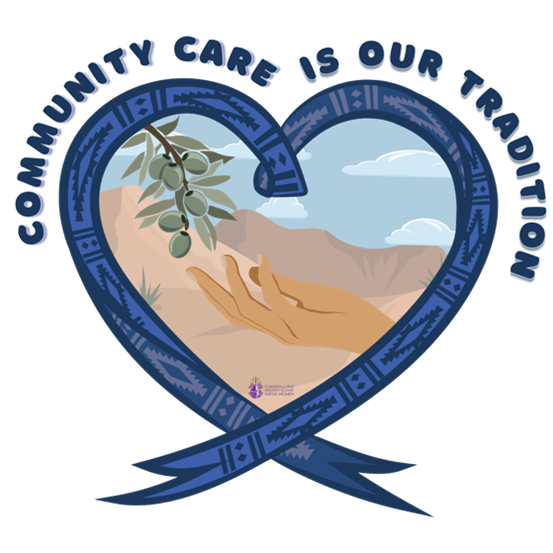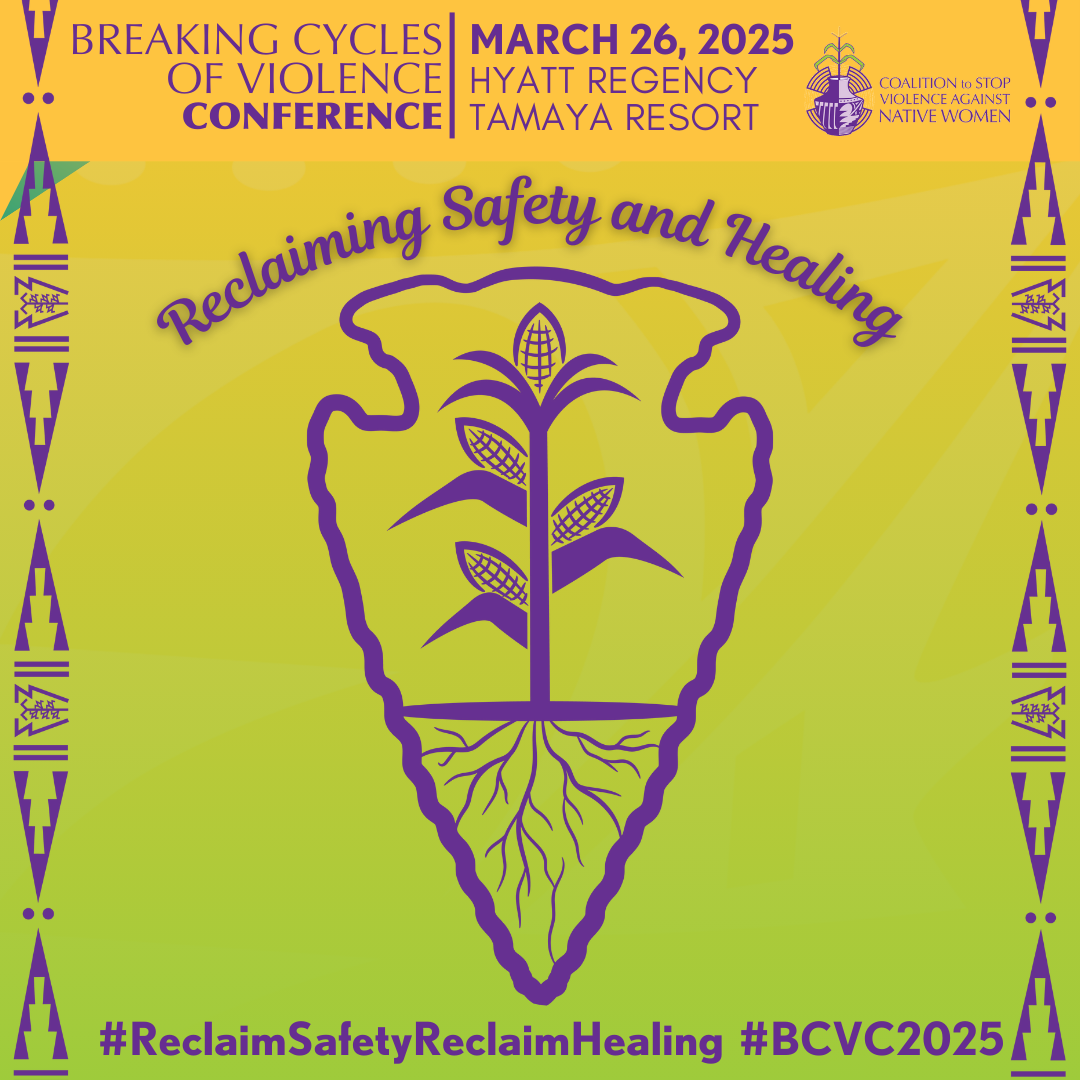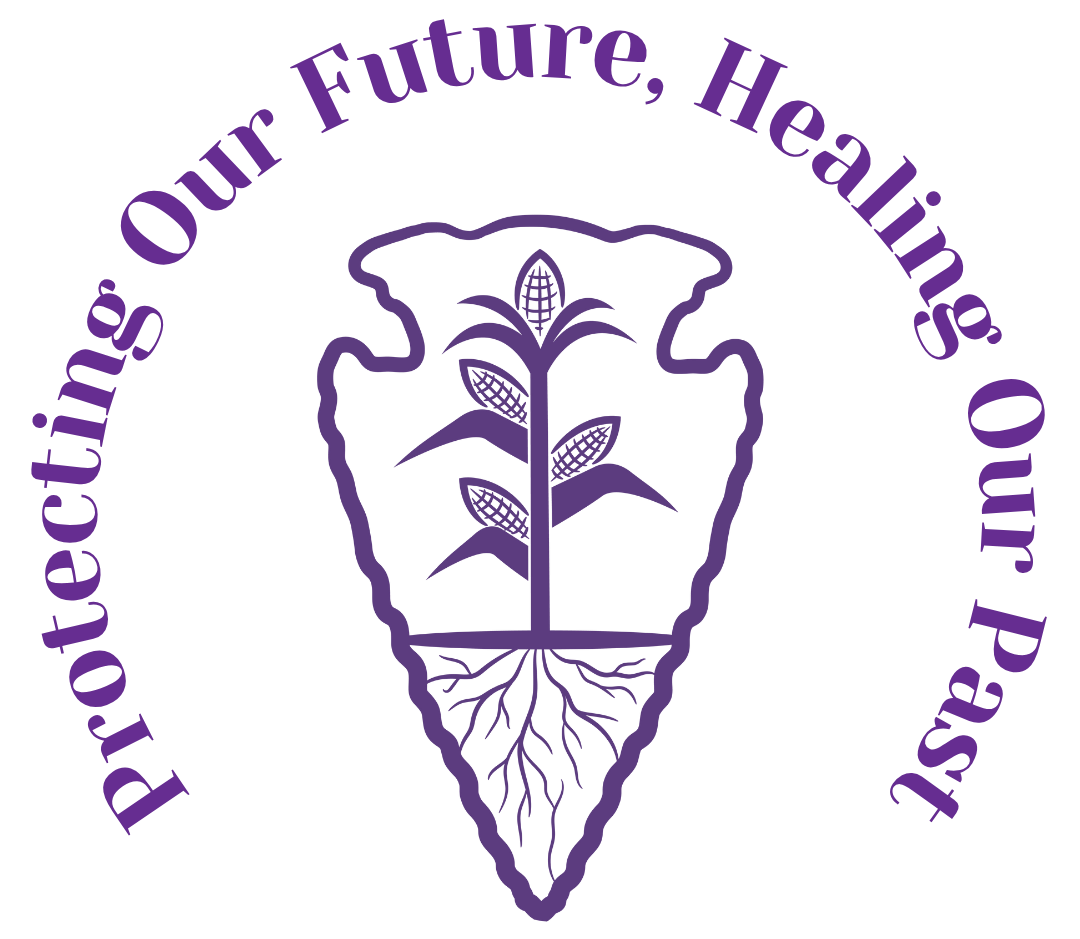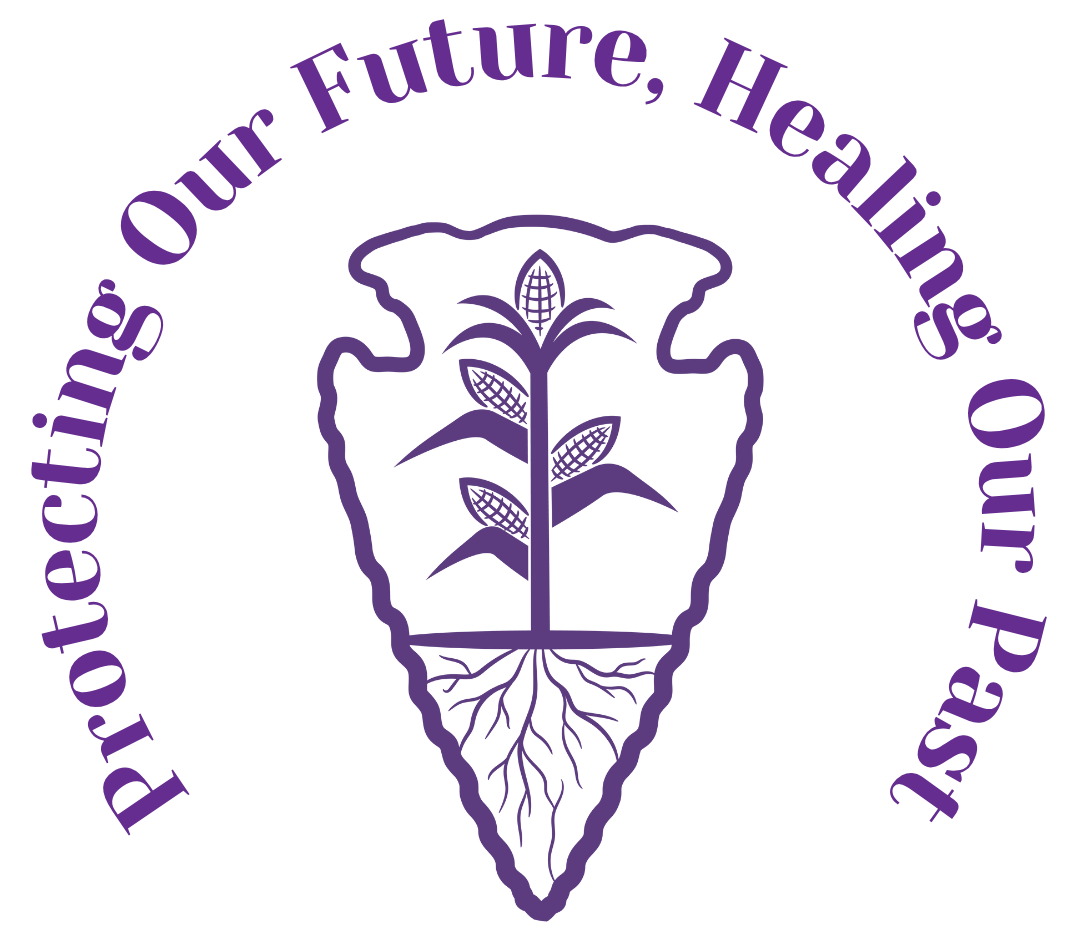Sex Trafficking is the act by which individuals are recruited, transported, or solicited into the commercial sex industry through force, fraud, or coercion. Christopher Columbus was the first trafficker in the Americas, taking men, women, and children away from their communities to be enslaved and exploited by the foreign power he served. Colonization has made trafficking a major crisis in Native communities today. At CSVANW, we support tribal communities in developing their capacity to identify and respond to trafficking, and uplift the advocates who are already doing the incredible work of advocacy for trafficking survivors.

Statistics




About Sex Trafficking
What is Sex Trafficking?
Sex Trafficking is federally defined as “…The recruitment, harboring, transportation, provision, obtaining, patronizing, or soliciting of a person for the purpose of a commercial sex act in which a commercial sex act is induced by force, fraud, or coercion, or in which the person induced to perform such act has not attained 18 years of age.” ((22 U.S.C. § 7102(11)(A))
Victim Advocate Working Definition
“Sex trafficking is a crime that involves the sexual exploitation of another person for personal gain”
Traffickers exercises complex physical and emotional control over their victims; the limited scope of force, fraud, and coercion does not cover these aspects. The burden of evidence for force, fraud, and coercion normally falls on the victim to collect without adequate legal support, and cases are often denied due to lack of evidence.
Force, Fraud, and Coercion Definitions
- Force – Physical abuse, sexual violence, kidnapping, and physical confinement.
- Fraud – Deceptions and false promises such as convincing someone they need to pay off a debt or a convincing someone to sign a false contract promising fair wages and working conditions.
- Coercion – Threats, psychological manipulation, and verbal abuse.
Trafficking on Tribal Land & Jurisdiction
If trafficking laws do not exist in tribal codes, the Federal government takes jurisdiction, unless in a Public Law 280 state where the state takes concurrent jurisdiction.
If trafficking laws do exist in Tribal codes, tribes can offer limited prosecution between a Native victim and a Native perpetrator, as trafficking is not a Major Crime as defined in the Major Crimes Act.
If the victim is non-Native, only a tribe implementing special tribal criminal jurisdiction under VAWA 2022 reauthorization can prosecute, which requires reshaping Tribal courts to mimic federal courts.
Tribes with tribal codes defining and punishing human trafficking express their inherent right as sovereign nations, and allows them to be more flexible in responding to and providing services for survivors of trafficking.
Tribes with Sovereign Trafficking Laws:
- Tualip Tribes of Washington
- The Mandan, Hidatsa and Arikara Nation, also known as the Three Affiliated Tribes of North Dakota
- Fort Peck Tribes of Montana
- Snoqualmie Indian Tribe of Washington
- Pascua Yaqui Tribe of Arizona
- Eastern band of Cherokee, North Carolina
Trainings & Events
Upcoming GBV Trainings:

April 15, 2026 5:00 pm

November 7, 2025 3:00 pm
Looking to the Future
ST ADVOCACY TRAININGS:
Build the capacity for more interactive and experiential advocacy trainings, develop relationships with advocates to improve how curriculum is designed to uplift their work in violence prevention.
DIRECTING ATTENTION TO PREVENTION/ROOT ISSUES
Develop curriculum around the conditions that make trafficking occur, and increase capacity for advocates to make connections between housing, healthcare, poverty, and trafficking. Emphasize the need for prevention through providing more training and funding directed to providing basic necessities and rights to life for trafficking victims and those at risk for trafficking.


